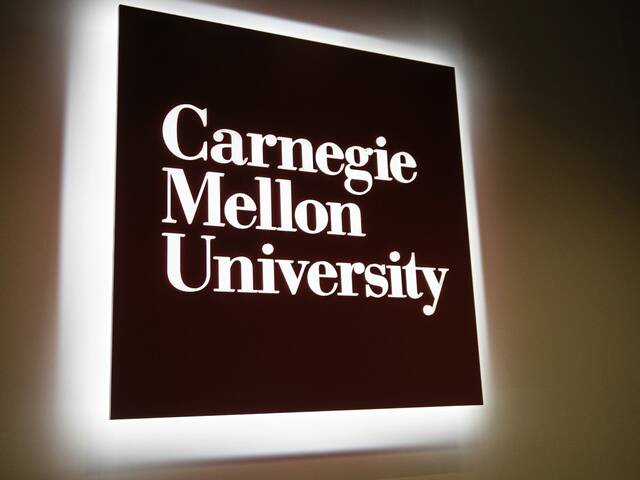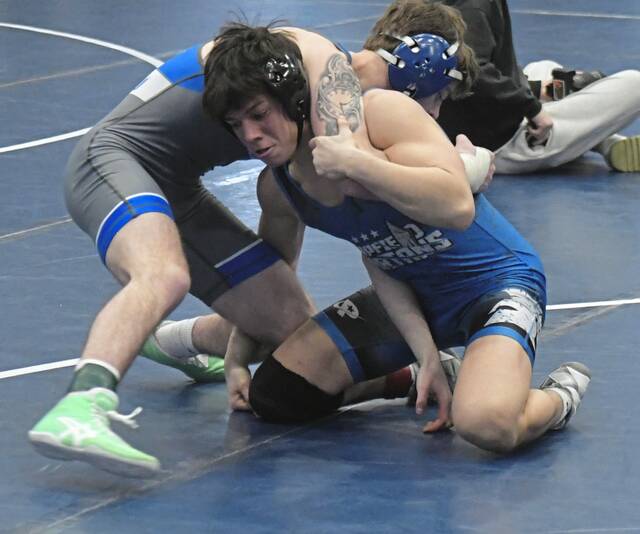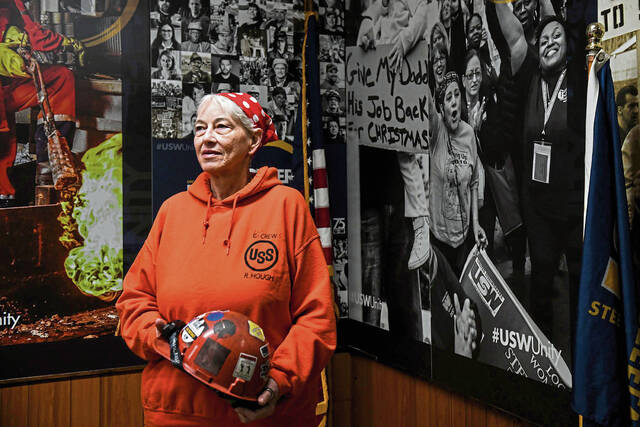A new advisory board at Carnegie Mellon University will evaluate students’ mental well-being and their academic experience.
President Farnam Jahanian announced the university will roll out a President’s Advisory Board on Student Well-Being, Mental Health and the Academic Experience.
Jahanian, in a letter to campus, said the board will review student academic experiences and university services and resources that promote holistic well-being and success.
“The (advisory board’s) charge is to help us understand how these vital areas intersect and to recommend ways to better align our academic and well-being networks so that students experience seamless, coordinated support throughout their CMU journey,” Jahanian wrote.
CMU spokeswoman Cassia Crogan said the university constantly evaluates the work it does to meet student needs. Mental health is continuously cited as a continuing issue on all college campuses in various surveys and studies, she said.
Results from an Inside Higher Ed survey, released last week, found 27% of undergraduates describe their mental health as above average or excellent, while 29% rate it as below average or poor.
Co-chairs of CMU’s advisory board are John Dunkle, interim director of the Center of Counseling and Psychological Services at Washington University in St. Louis; and Laura Lee McIntyre, provost and executive vice president for academic affairs at Michigan State University.
Jahanian will share a summary of the board’s findings and how recommendations will be implemented once the review is complete, he wrote.
Crogan said CMU presidential advisory boards are not unusual and are used to aid a variety of university efforts.
The new board builds on recommendations of advisory boards from 2016 and 2019. Those recommendations led to doubling the capacity of CMU’s Counseling and Psychological Services department over five years, as well as the launch of the Student Support Resources team, Crogan said.
The university had also expanded evidence-based training opportunities for faculty, staff and students to recognize distress, foster resilience and promote a culture of care, she said.
“While we have made meaningful progress, this work is ongoing and never complete,” Jahanian wrote. “Supporting student well-being and success is a complex and evolving challenge — one that requires humility, reflection and a culture of continuous improvement. True excellence demands that we regularly assess our practices, learn from both experience and evidence and adapt to meet the changing needs of our students.”








